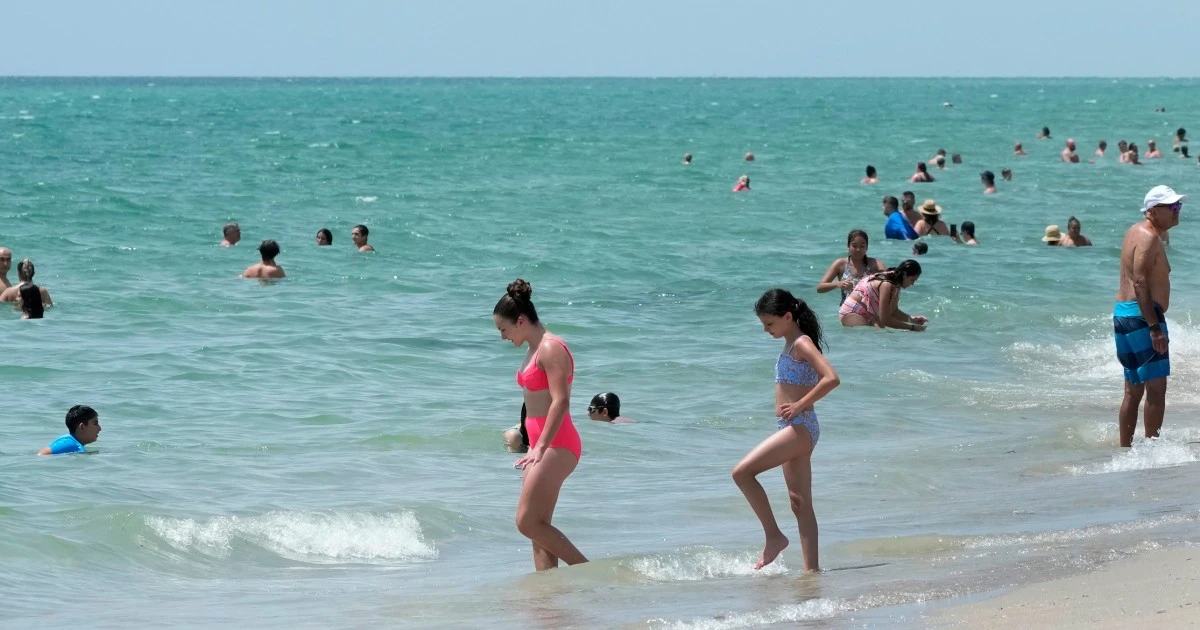All of these things are bad, but the effect on phytoplankton is most frightening of all. Diatoms provide 50-85% of our global oxygen supply. Not only are rising temperatures a problem for them, but ocean acidification also eats away at their silica-based shells. But it does it slowly so by the time they die, they are in deep water where no other diatoms are around to reuse the silica.
Luckily, there are other ways of recycling diatom remains. The most notable example is the dried lake bed that used to be part of Lake Chad when that lake was far bigger and held many living diatoms. Due to natural changes in climate, the water dried up and that area is now part of the Sahara Desert. About 100 days a year, winds kick the ancient diatom dust high into the atmosphere where it is carried across the Atlantic Ocean and then it settles across South America.
This is a big reason the Amazon Rainforest is so lush. Diatomaceous fertilizer carried all the way from Africa. And since more plants means more photosynthesis, it causes a lot of water that would have otherwise been locked away in the ground to evaporate through transpiration. All of this excess water is blown westward towards the Andes mountain range. In narrower parts of the Andes, the dense Amazonian clouds overcome the rain shadow effect to precipitate across the west side of the Andes.
This rainwater causes erosion of quartz, which is ground into fine silica dust. As silt, this dust is washed into the Pacific Ocean, where diatoms absorb the silica and use it to reproduce. In a beautiful global balancing act, as diatom-heavy lakes in Africa dry up, the remains of those diatoms cause a chain reaction that ends up causing a huge increase of diatoms on the opposite side of the globe.
Great, right? It would be if we weren't replacing so much of the Amazon Rainforest with monoculture farms which don't have nearly the same evapotranspiration effect as the flora of the natural ecosystem. So, not only are we baking the diatoms, not only are we dissolving them with acid, we're also removing one of their most critical reproductive resources.
It's like we discovered how resilient the planet is and how hard it is to kill, and humans took that as a challenge.
Enjoy the oxygen while it's plentiful.


